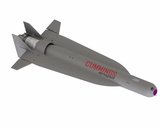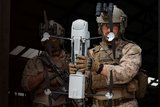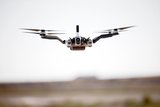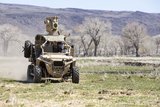Insitu’s commercial business unit has secured a seven figure contract to provide Shell’s QCG business in Australia with remotely piloted aircraft services.
A year after establishing its commercial unit, Insitu’s latest commercial contract marks significant progress in the company’s growth strategy that focuses on providing commercial, end-to-end solutions to its customers.
The contract will see Insitu deliver automated infrastructure inspection and management services for QCG’s operations in Queensland, operating its UAS within an area of Civil Aviation Safety Authority (CASA) approved airspace that will encompass over 700,000 Ha.
The contract calls for the collection, exploitation and delivery of data gathered






















